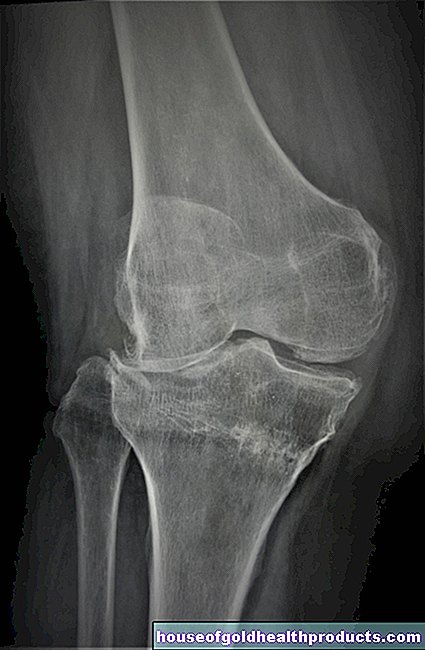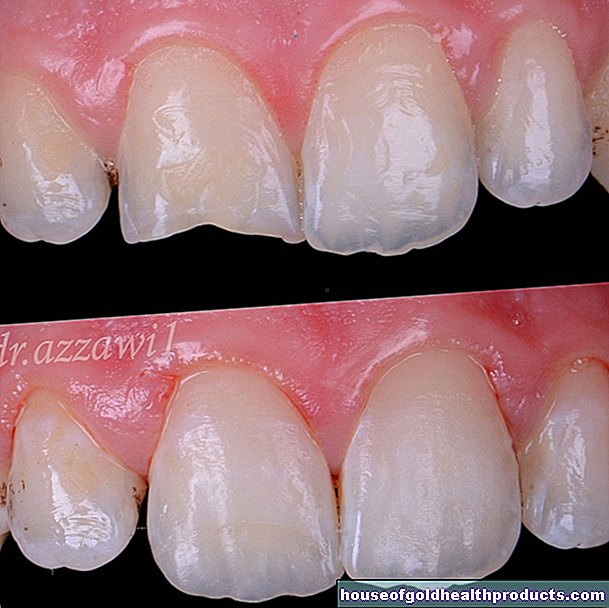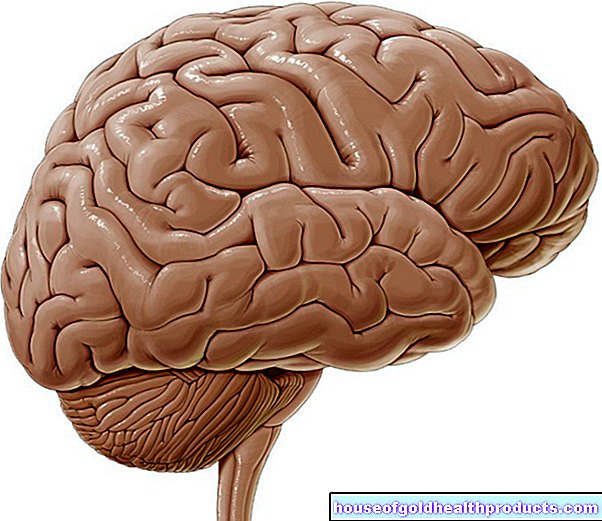Gut bacteria for a healthy brain
All content is checked by medical journalists.MunichTrillions of bacteria colonize the human intestine. They ensure that humans can use and digest food better. But that's not their only job: they appear to be important for brain health too. To do this, the microbes communicate with special immune cells in the brain. They convey their message with the help of breakdown products from food.
Scientists at the University Hospital Freiburg raised mice in an absolutely sterile environment. As a result, they did not develop their own intestinal flora with different bacterial cultures. In another group of mice, the researchers kill the intestinal bacteria with antibiotic treatment lasting several weeks.
Stunted immune cells
In both groups, both the intestinal flora and the brain's immune cells were later impaired. The so-called microglia cells were stunted and immature and hardly responded to inflammatory stimuli in the brain. Normally, these special immune cells in the brain eliminate invading germs and dispose of damaged nerve cells.
As soon as the animals came into contact with mice with intact intestinal flora, bacteria also settled in their intestines - and the immune defense in the brain started up again. "The greater the diversity of intestinal bacteria, the better the microglia developed," reports Professor Marco Prinz, Medical Director of the Institute for Neuropathology in Freiburg. The study thus points to a direct connection between intestinal bacteria and immune cells in the brain.
Flow of information between the intestines and the brain
The intestine and brain communicate via breakdown products of nutrients, which are broken down by the bacteria in the intestine and probably reach the brain with the blood. Above all, the breakdown products of fiber and dairy products - short-chain fatty acids - control the maturation and function of the immune cells in the brain. "Our results indicate a constant flow of information between intestinal bacteria and brain macrophages," says Prinz.
The scientists suspect that disorders of the intestinal flora could be related to brain diseases such as Alzheimer's or multiple sclerosis. They emphasize the importance of a balanced diet in preventing brain disease.
It's not just the brain that benefits from bacterial biodiversity in the intestine. Further studies show that a healthy intestinal flora can protect against inflammation and asthma. (vv)
Sources:
Erny, D. et al. Host microbiota constantly control maturation and function of microglia in the CNS. Nature Neuroscience, 2015; doi: 10.1038 / nn.4030
Mani S. et al .: Symbiotic Bacterial Metabolites Regulate Gastrointestinal Barrier Function via the Xenobiotic Sensor PXR and Toll-like Receptor 4. Immunity, 2014; DOI: 10.1016 / June 2014.06.014
T Abrahamsson et al. Low gut microbiota diversity in early infancy precedes asthma at school age. Clinical & Experimental Allergy, 2014 DOI: 10.1111 / cea.12253
Tags: prevention symptoms gpp





























